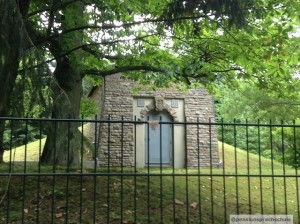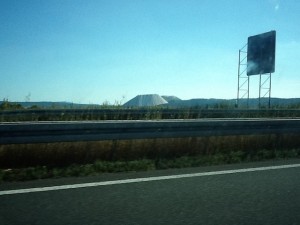Over the years, I have been questioned about several issues related to minors’ rights in Germany by ex-pat parents and students alike.
Here is a short summary:
- Germany has a compulsory school attendance law, which requires all children between the ages of six to fifteen to attend school.
- Germany is a member of the Global Conventions Act, that protect the rights of children. This entitles them to a childhood free of emotional, mental, and physical abuse. *
- Children under 15 may not be employed. Exceptions are made for minor jobs such as newspaper delivery routes, babysitting, taking care of pets, or other tasks which are not dangerous.
- At the age of 14, when in presence of parents or guardians, minors are allowed to consumer beer and wine.
- At the age of 16, minors are allowed to buy and consume beer and wine.
- At the age of 18, they are of legal age. Therefore, they can buy and consumer beer, wine, and distilled liquor.
*More about this at Children’s Rights: Germany
Disclaimer: The information contained in this post is for general information purposes only. My blog Pension Sprachschule assumes no responsibility for errors or omissions in the contents on the service.






